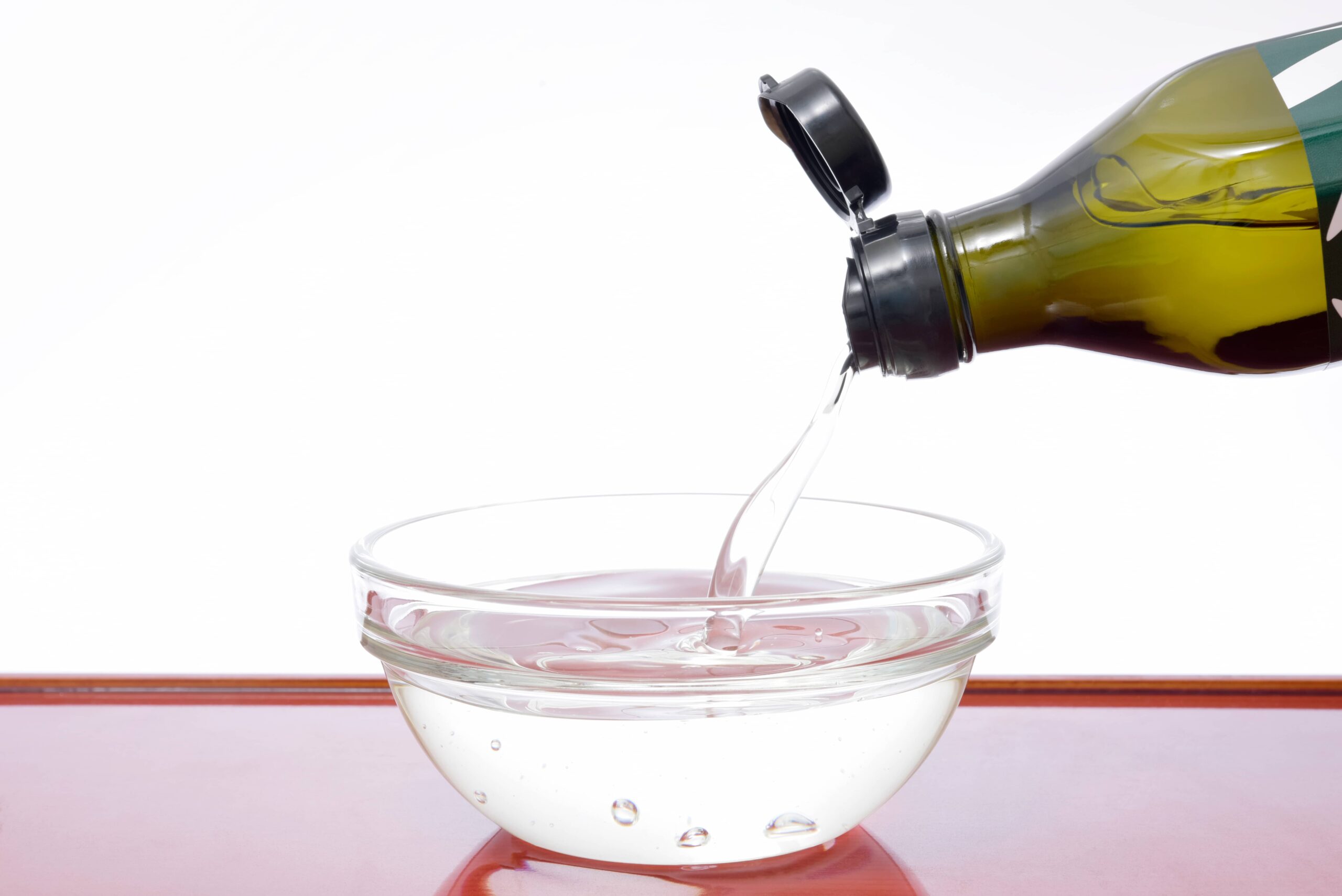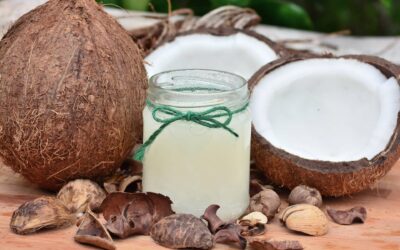With the growing popularity of MCT oil and as it is being considered to be a superfood, many Americans and health enthusiasts are willing to take advantage of the health benefits of the oil. The fitness industry believes in the oil as a fuel for energy and fat burner, and the keto and low carb dietitians are holding the oil high for the advantages it brings.
As many people become aware of the outstanding health benefits of MCT oil, the demand for the oil has also been going up. Due to the increasing health consciousness, the rise of higher-income consumers and the growing interest in the nutritional benefits, the demand for MCT oil has been increasing at a steady rate. To meet the high demand for MCT oil and the US not known as a nation with the potential of manufacturing MCT oil, more of the oil will be needed to be imported in other to meet the increased demand and the needs of the MCT oil lovers.
MCT oil, and as healthy as the oil may be, stands to fit our purpose and mission which is to take the best healthy products to the world. With that in mind, it is important to share a detailed guide on how to import MCT oil, the steps to follow, and things to consider when importing MCT oil into the US.
A Brief Description of MCT.
MCT stands for Medium Chain Triglycerides, and the term triglycerides simply mean “fat”. MCT oils are simply made up of fats which when consumed in the body, are either used up as energy or stored as body fat.
There exist four types of MCTs, namely C6 (caproic or hexanoic acid), C8 (caprylic or octanoic acid) C10 (Capric or decanoic acid), and C12 (lauric or dodecanoic acid). These MCTs can be obtained from sources like coconut oil, palm kernel, and dairy products like cheese, milk, and yogurt.
From all the above-mentioned acids, only C8 and C10 are widely used in MCT oil. Both C6 and C12 are removed from the MCT oil because C6 is characterized by a bad taste and smell and C12 is very slow for the body to process and metabolize compared to the other MCTs.
MCT oils can either be a 98% C8 which is normally referred to as MCTC898 or a blend of both C8 and C10 also known as MCT 6040 (C8 60% and C10 40%).
Origin of MCT Oil
The majority of the demand for MCT oil is usually towards plant-based MCT oil which implies sources like the coconut and Palm Kernel. These fruits are known to possess a huge amount of MCTs compared to the other sources of MCTs. However, many are also drawn towards coconut base MCT oil due to claims of deforestation which comes with the cultivation and production of palm oil.
The origin of plant-based MCT oil or the countries involved in the exportation of plant-based MCT oil are countries like Indonesia, Philippines, Malaysia, Sri Lanka, and other countries in the Pacific and Tropical zones where huge amounts of coconut and palm kernels are cultivated.
Importing MCT Oil in the US
To import MCT oil successfully into the US there are key considerations that you might not afford to neglect. First, one must need to familiarize themselves with the rules and regulations for importing food set by government bodies like the FDA and CBP (U.S Customs and Border Protection). Before the imported MCT oil can be accepted into the country it must be in compliance with the FDA’s requirements.
However, importing the MCT oil from an FDA-approved region and an FDA-approved and certified establishment or supplier can be an added advantage. This is in the sense that the shipment can be processed easily once it is in the United States.
The main requirements for shipments and especially food products destined to the United States needs the following;
– A food facility registration
– The country of origin
– Prior notice of the shipment in transit
– And also the FSVP (Foreign Supplier Verification Programs)
As you focus on the FDA requirements it is also important to pay attention to the CBP as both the requirements from FDA and CBP must be met before the MCT oil can pass custom clearance. The CBP requires food obtained from agricultural crops must be certified and meets the standards of food produced in the US. Also, the CBP will also be paying much attention to where the product is coming from and will need the certificate of origin to work with during the clearance process.
The CBP has jurisdiction for every major port in the US and ensures every duty and fee is paid during the clearance process. Their requirements may include a bill of lading from the shipper (before the MCT oil arrives at the US borders) and an electronic declaration of what’s aboard the shipment and the date the shipment will be arriving in the US. CBP can also request for further investigation of the shipment while on transit and with any improper declaration, the shipment can be rejected.
Once the shipment is accepted and approved in the US, a notification will be sent to the importer and the importer has a 15 days time period to file a formal request for customs release. It is also very important to work with a customs broker for easy processing and guidance.
Once all is set and done, and within 7-10 working days, the importer will be required to submit an entry summary for consumption and comply with the duties and tariffs payment. After this process and if all is confirmed, the MCT oil shipment will be released, and the pick up of the container will be at a location pre-arranged with CBP. Further entry reviews can also be done at the pickup location to ensure all duties are levied properly and all fees paid.
Once the MCT oil has been picked up, the CBP on their part will complete their assessment and review the tariff category and place a value for the MCT oil. During the liquidation process, the duty amount will be posted and if any fees are not paid, the importer will be billed by enforcing the custom bond which is another requirement by CBP.
What are Customs bonds?
A customs bond is simply a legal contract between the customs (CBP) a broker or surety company, and the importer or shipper (principal). The purpose of a customs bond is to guarantee the principal, or importer will meet all the customs requirements. This can include the payment of import taxes, duties, tariffs fines, and even penalties. In a nutshell, the customs bond ensures the principal or importer is in good standing to comply with CBP at all stages of the clearing process.
Customs bonds are normally required if the shipment is worth over $2,500 USD and also if the expertise of other related government agencies is required. For the fact that MCT oil falls under the category of food, the FDA is automatically involved and therefore the FDA requirements must be met.
Some FDA Requirments for Importing MCT Oil.
Well out of the requirements and just a recommendation, when importing into the US, it is important to secure your imports from FDA approve zones or regions and from an FDA-certified facility. Many businesses abroad with interest to sell in the US market usually take their time to secure an FDA certificate which goes to show the product meets the FDA standards. This is considered an added advantage since the supplier already has their products approved by the FDA. To be clear, this doesn’t mean the shipment will not be inspected by the FDA upon arrival at the US borders, it simply facilitates the clearing process.
With the FDA their main concern is on standards which include safety, sanitation, and quality. Foods imported into the US must be the same standards as foods produced in the US. When importing MCT oil in the US you must make sure it is of top standards and safe to consume.
Labeling and packing are also very important and if any of the FDA requirements are not properly addressed the shipment can be delayed or even worst rejected. The label of the oil must contain the best-used date, or expiring date, origin, specification, quality certifications and if any allergens are present it must be stated.
Above all the oil must be safe to use, and it is advisable to present your sanitary certificates of the MCT oil if you have them.
Challenges you may face when importing your MCT oil into the United States.
We all wish for a smooth import experience, especially when dealing with government agencies with strict rules to be met. Customs complications are every importer’s nightmare and below are some of the challenges one might need to overcome when importing into the US.
– Poor quality control; quality control sometimes is lacking. The shipments are not properly checked in certain situations to make sure the products are up to standard. Fake suppliers can ship out poor quality products and get away with it leaving the importer with products that are not of good quality.
– The customs process; delays can be inevitable if you are not familiar with the clearing process. When it comes to importing food products like MCT oil, the customs clearing process can be cumbersome and even possible to omit certain details.
– Duties, Tariffs, and Fees; With the CBP, you cannot tell what the exact customs duties and tariffs would be for our MCT oil shipment. The fees are constantly changing and even without any prior notice. Trade terms can be changed between the US and the country you are importing from so are the duties and tariffs.
– Documentation; It is important to be sure the blend of oil is exactly what it is stated and should be consistent across all documents to avoid any delays or for the shipment to be rejected. Any inconsistencies can cause serious complications.
Some Things to Consider when Importing MCT oil in the United States.
First and foremost, it is very important to familiarize yourself with the process of importing food products and the clearing process, especially if you are importing for the first time. Follow all the necessary steps and meet every requirement to avoid delays.
Secondly, it is very important to work with a supplier from an FDA-approved region and one with FDA certifications. Today, the majority of the suppliers with interest to sell in the US market have made an endeavor to secure their FDA approval and certifications. This can be an added advantage during the clearing process.
We strongly recommend you engage the expertise of a customs broker. Custom brokers are well trained with adequate knowledge of the complete custom process. Proper guidance is guaranteed with a customs broker and delays can be avoided. The customs broker will work with you every step of the way and secure the release and entry permit of your shipment.
It is important to make sure the MCT oil is of a high standard and top quality. There are a lot of fake and illegitimate suppliers who will alter or mix the oil with chemicals for quantity. Make sure the suppliers are reliable to work with and in any circumstance meet your requirements.
Lastly, it is always important to monitor the market and stay up to date with the MCT market. Stay in close contact with your customs broker and listen to the market.
If you need help with importing MCT oil into the United States you can contact us.




